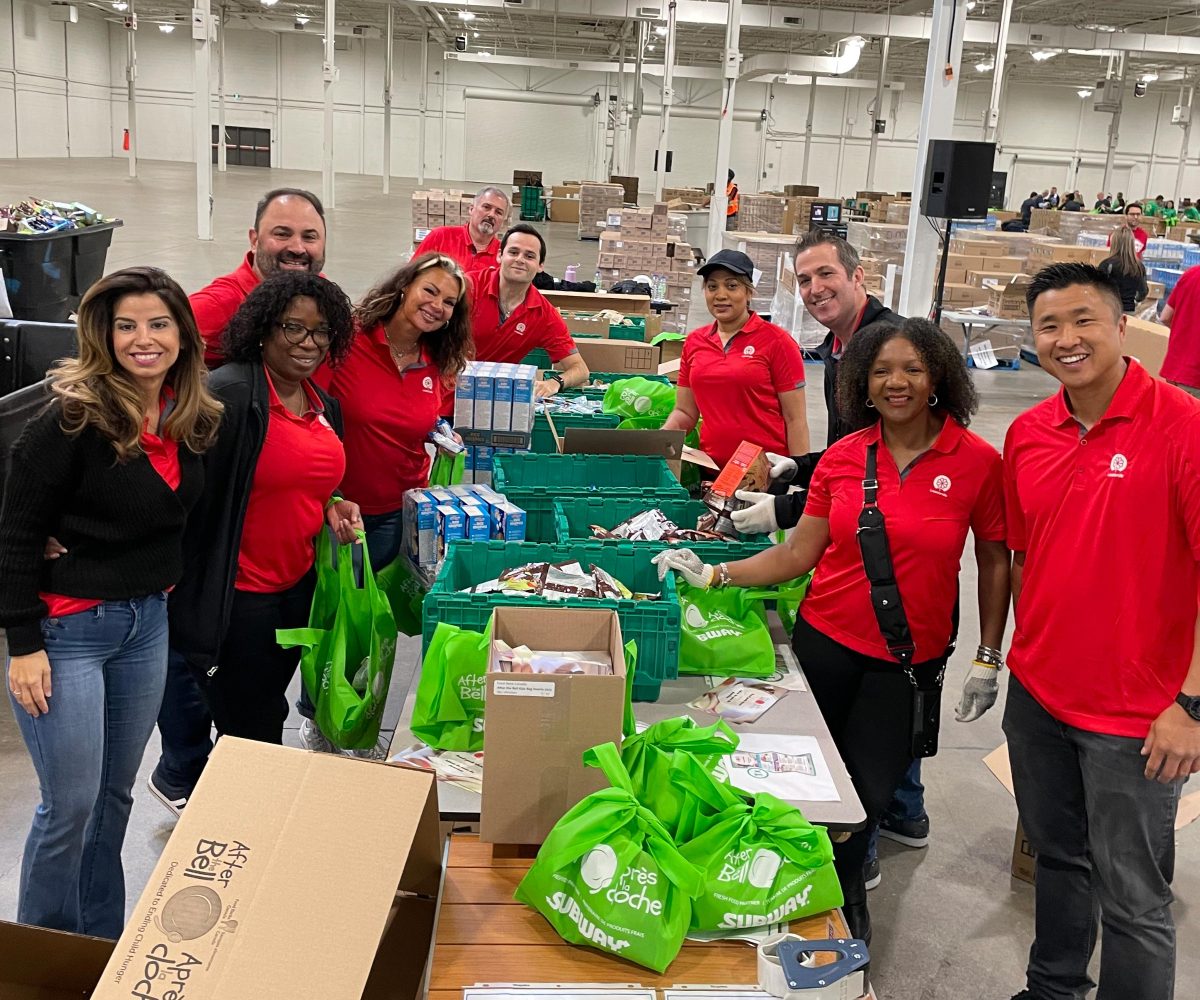Our ESG commitments
Lassonde identified the environmental, social and governance (ESG) considerations that were of highest priority and had the potential to create value for the organization. This led to the development of our sustainability strategy, which is structured around four main pillars.
You can also read our Report on Modern Slavery (March 21, 2024)

Establish a governance structure and process to effectively manage ESG considerations.
Promoting good ESG governance practices is a priority for the organization, not to mention essential to the deployment of our sustainability strategy. We have the organizational structure to achieve our goals and the working groups to achieve them. Made up of multidisciplinary teams, the working groups aim to optimize the process of developing and implementing action plans and ensure that our progress is well monitored.
Placing the safety, health and well-being of our employees and the communities where we operate at the heart of everything we do.
We manufacture safe, high-quality products. We deploy best management practices throughout the organization and maintain high standards of food safety and quality management.
Our employees are our most valuable asset, and our business could not succeed without them. This is why the health, safety and well-being of our employees are fundamental pillars of our growth strategy. We prioritize awareness to identify and assess the warning signs of declining mental health and burnout.
2025 Objective: Improve our health, safety and well-being practices.
We recognize the importance of diversity, equity and inclusion to our organization. Together, they enrich our human capital, foster commitment and creativity, and ultimately improve our performance.
2025 Objective: Improve our DE&I pratices
No need to look far, at Lassonde, responsibility and respect are part of our values. From the outset, when the company was founded, Lassonde committed to being responsible by helping communities with their surplus crops. 105 years later, this commitment continues, particularly through an important donation and sponsorship program. Our commitments and those of our brands are felt across North America.
2025 Objective: To have a measurable positive impact through a donation and sponsorship program that supports initiatives that improve food security and the well-being of the local communities where we operate.

Look to the future by prioritizing concrete actions that reduce our environmental impact.
As a leader in the food and beverages industry in North America, Lassonde produces a significant amount of packaging annually. It is therefore our responsibility to take action to reduce the environmental footprint of our packaging.
How2Recycle
Lassonde is a member of How2Recycle, a program of the Sustainable Packaging Coalition whose mission is to get more materials into recycling bins by eliminating the confusion around recycling information. How do they do this? By providing clear and simple recycling labels so that consumers have all the information they need to properly dispose of or recycle their packaging, or by telling them where to find information specific to their municipality.
Climate change is affecting and will continue to affect all aspects of our operations, from sourcing raw materials to the production and distribution of products. Reducing our carbon footprint is a priority for the organization. We recognize the seriousness of climate change and the urgent need for collective action.
2025 Objective: Establish science-based targets for our scope 1, 2 and 3 emissions.
To learn more about our commitment to the Science Based Target initiative (SBTi), read our article Setting science-based targets to reduce our greenhouse gas emissions.
The quality and availability of drinking water are global issues that affects several parts of our value chain, from the cultivation of our raw materials to their processing. In addition to being an important ingredient in our products, water is used for equipment sanitization, which is an essential step in maintaining the safety and quality of our products. Our growth strategy must be based on a concrete plan to manage the risks related to water quality and availability.
2026 Objective: Reduce average water consumption in our beverage plants below at 2.2 liters of water per liter of product.
Waste management is a major concern in the food processing industry. We generate organic waste such as fruit pulp along with inorganic waste such as the tertiary packaging used to transport our raw materials. We recognize that effective management of these residual materials improves our environmental impact.
2030 Objective: Eliminate all waste currently sent to landfill sites.

Our commitment is clear: we aim to build a sustainable supply chain. As a starting point, we will form a better understanding of where our sustainability risks and issues lie. We will benefit from an improved governance structure through the creation of working groups focused on sustainable procurement with a mission to establish our short- and medium-term objectives, priorities and action plans. Ultimately, we aim to establish an open dialogue with our suppliers to increase commitment to creating a more sustainable supply chain, as we recognize that this is where we have our greatest impact.
Our 2030 ESG vision:
To be an influential and committed environmentally
aware business that drives the transition to a more sustainable society.






